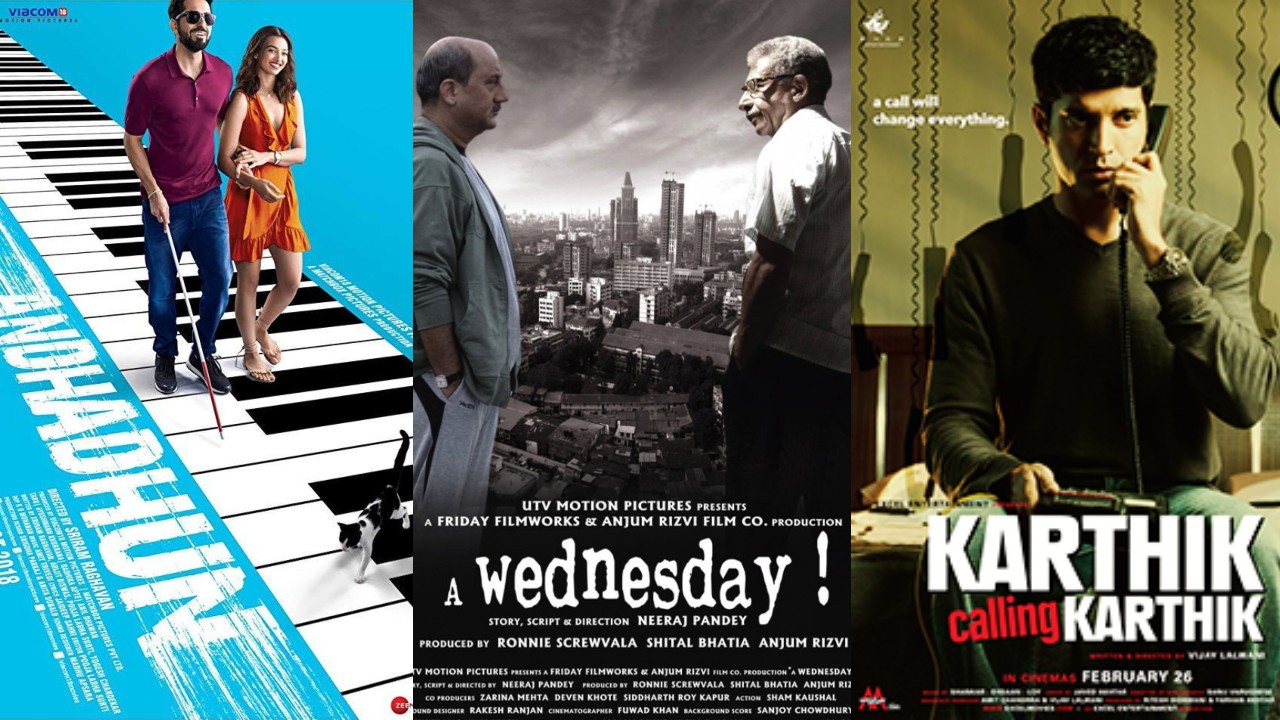Thrillers, the genre that can make our hearts race, palms sweat, and minds tangle in suspense, have long been a cornerstone of cinematic excellence. They immerse us in a world where danger lurks around every corner, and the thrill of uncertainty keeps us on the edge of our seats.
The genre traces its roots back to literature, with authors like Edgar Allan Poe and Arthur Conan Doyle crafting tales of suspense. The transition to film was seamless, with early classics like “The Cabinet of Dr. Caligari” and “Nosferatu” laying the foundation for what would become a beloved cinematic genre.
Thrillers are the symphony of suspense, where directors like Robert Wiene, F.W. Murnau, Hitchcock and Kubrick are the virtuoso conductors, orchestrating tension, mystery, and excitement.
And now, as Indian cinema also embraces this art form, the world of thrillers continues to evolve, promising ever more heart-pounding, mind-bending experiences for audiences.
…
Crafting thrillers for India
The world of Indian cinema is a vast and diverse one, with its roots deeply embedded in melodrama, song, and dance. Yet, Indian directors have not shied away from introducing the genre of thrillers, always keeping the unique tastes and sensibilities of the Indian audience in mind.
Indian audiences, accustomed to colourful, emotionally charged narratives, posed an intriguing challenge for filmmakers eager to venture into the thriller genre. Directors recognized the need to infuse elements of Indian culture, values, and storytelling traditions into their thrillers.
…
Raj Khosla’s influence
One of the pioneers of Indian thriller cinema was Raj Khosla. In the 1960s, he brought to life films like “Woh Kaun Thi?” and “Mera Saaya,” which incorporated suspense and mystery while retaining a strong emotional core. Khosla skilfully blended Indian familial bonds and relationships into the heart of his thrillers, ensuring that audiences felt connected to the characters even as the suspense unfolded.
Ramanand Sagar’s “Aankhen”
In 1968, Ramanand Sagar delivered “Aankhen,” a thriller that weaved elements of revenge and intrigue with Indian values. The film not only captivated audiences with its suspenseful plot but also touched upon themes of justice and morality, resonating deeply with Indian viewers.
…
Evolution
Bollywood, the heart of Indian cinema, gradually embraced the thriller genre with open arms. Directors like Abbas-Mustan, known for films like “Baazigar” and “Race,” brought a blend of suspense and style that appealed to a new generation of moviegoers. Their films often featured charismatic antiheroes and intricate plots, adding a distinct Bollywood flair to the thriller formula.
With time, directors have ingeniously navigated the waters of suspense, infusing their narratives with Indian values, emotions, and societal concerns. This blending of the classic thriller elements with the rich cultural fabric of India has not only entertained but also engaged audiences on a profound level. As Indian cinema continues to evolve, the thriller genre will undoubtedly remain a captivating and integral part of the cinematic landscape, thrilling audiences while keeping them grounded in stories that are uniquely Indian.
…
A recall
Picture this: You find yourself ensconced in a plush theatre seat, a tumbler of fine wine in hand, the ambience tinged with an air of expectancy, and the screen ablaze with storytelling finesse. It’s within this setting that we discuss some of the paramount exemplars of cinematic thrill:
“Gupt” (1997): A blend of intrigue and enigma. This film unfurls like a carefully orchestrated symphony, each note echoing the mystery that envelopes it. Bobby Deol’s portrayal, akin to a masterstroke, keeps the audience rapt in conjecture.
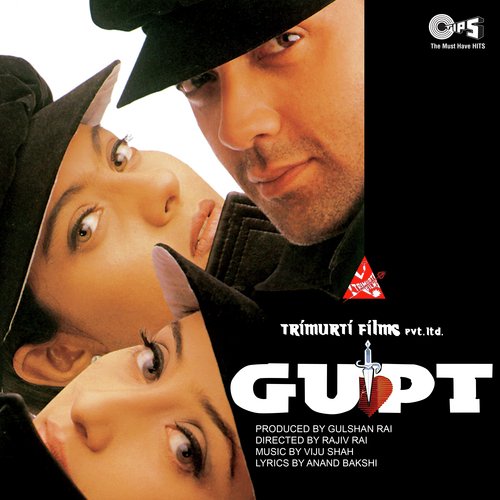
“100 Days” (1991): In a landscape where mysticism intertwines with reality, Madhuri Dixit’s mesmerizing presence is the pièce de résistance. A psychological labyrinth, this cinematic masterpiece delves into the uncharted territories of the human psyche.
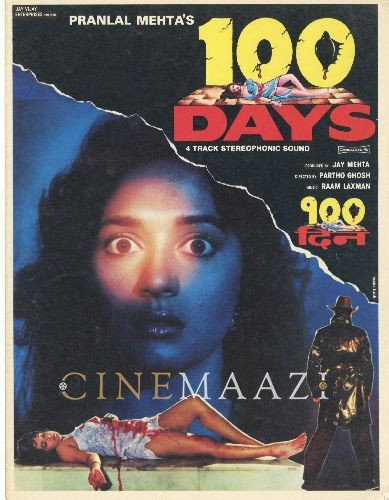
“Woh Kaun Thi?” (1964): In the golden era of Bollywood, this film carved a niche for itself. The evocative Sadhana draped in an ethereal white saree amidst moonlit nights and haunting melodies etches a psychosis.
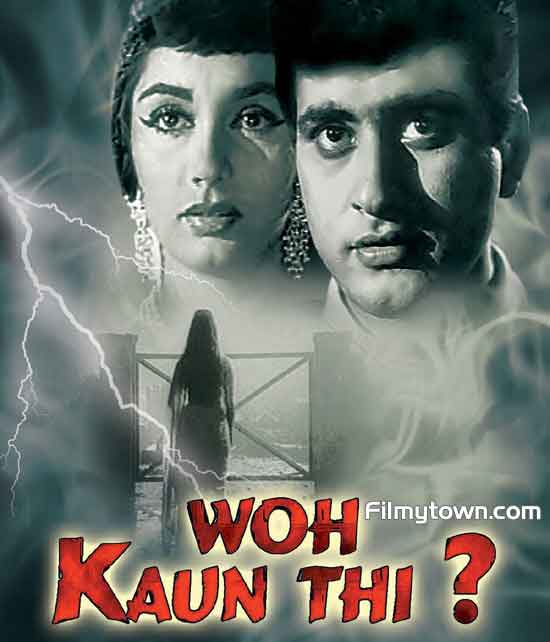
“A Wednesday” (2008): A taut narrative where each moment feels like the crescendo of a suspenseful symphony. Naseeruddin Shah, a virtuoso, essays his role with a subtlety that is nothing short of sublime.
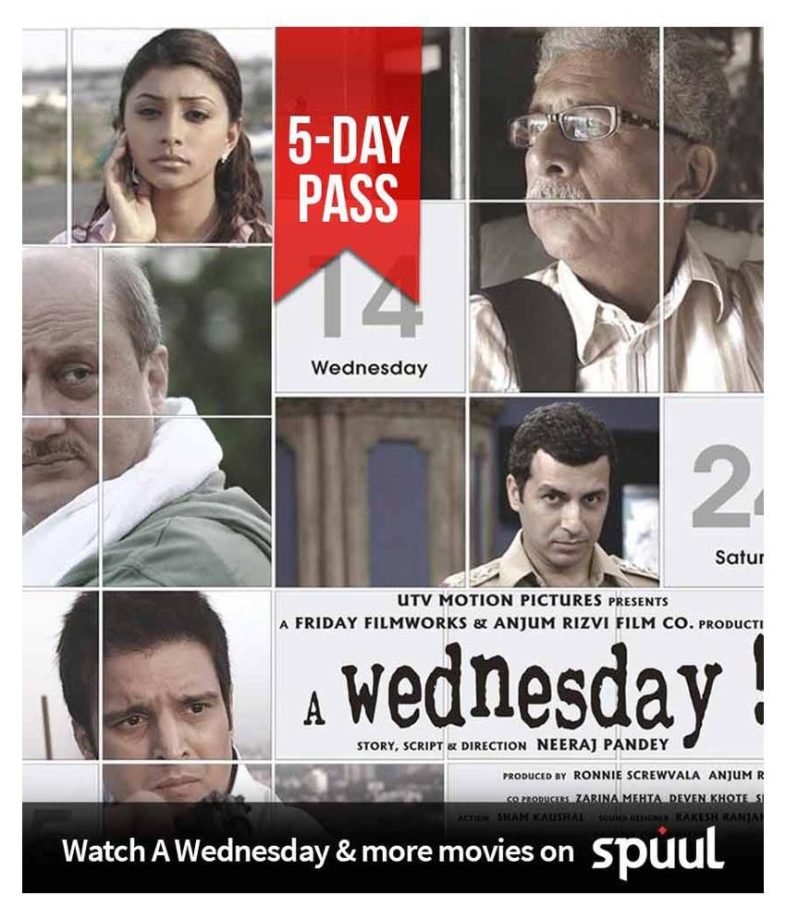
“Karthik Calling Karthik” (2010): A foray into the recesses of the human mind, this film is a psychological tour de force. Farhan Akhtar’s portrayal navigates the labyrinthine depths of the protagonist’s consciousness with finesse.
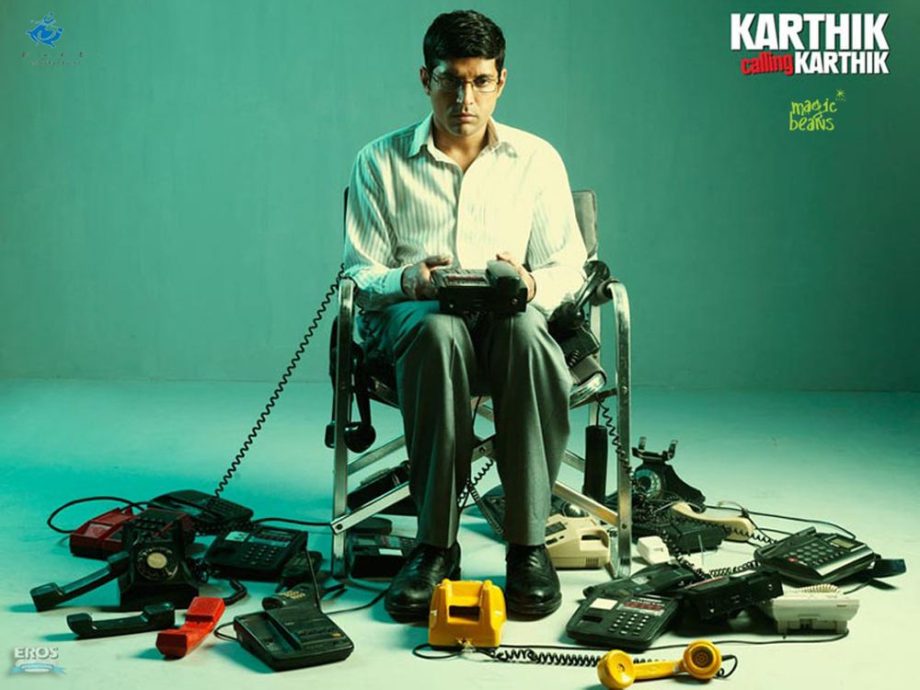
“Kahaani” (2012): Amidst the tapestry of Kolkata’s cultural richness, Vidya Balan’s portrayal stands as a monument to cinematic finesse. A tale of relentless pursuit and hidden truths, it captures the essence of a gripping thriller.
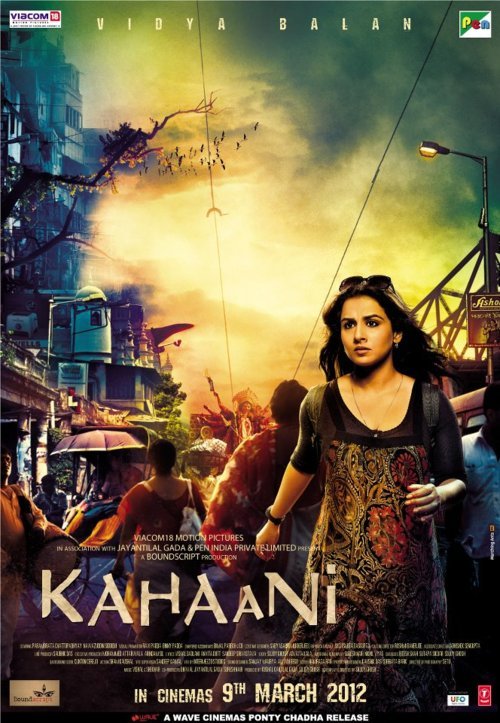
“Andhadhun” (2018): A modern marvel, this film offers a sensory delight. Ayushmann Khurrana’s portrayal as a blind pianist entangled in a web of crime and deception is a performance that resonates with cinematic virtuosity.
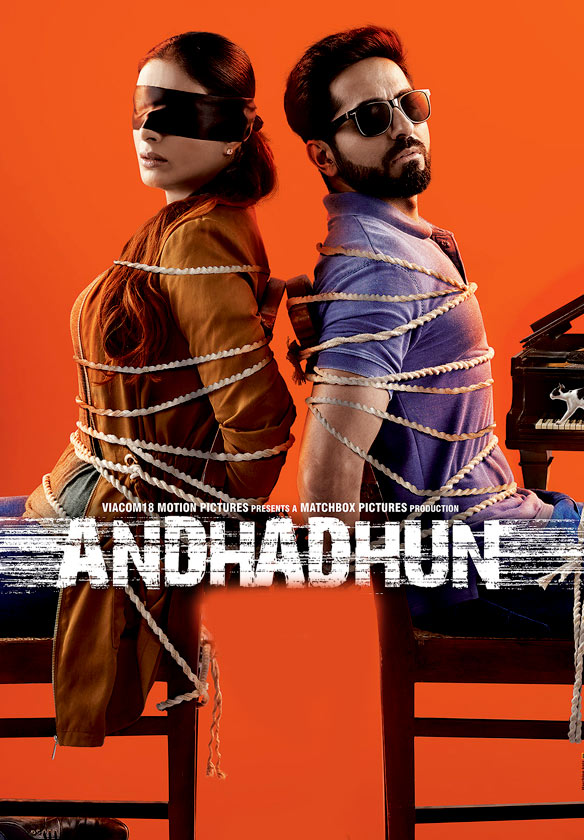
These cinematic gems, much like aged wine, have only grown finer with time. They flag Bollywood’s capability to both entertain and intellectually stimulate its audience, ensuring that the enigma and allure of these iconic thrillers persist, adorning the annals of cinematic history.

